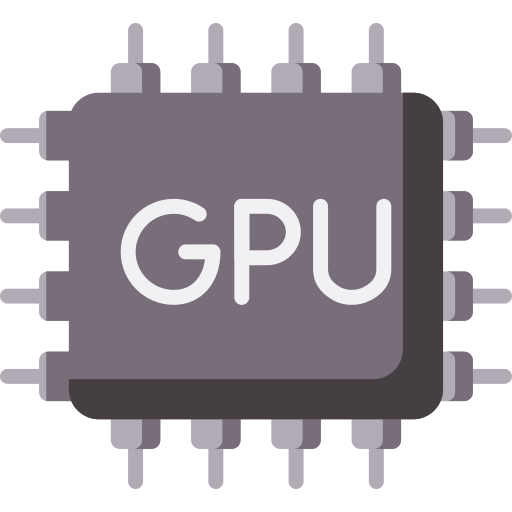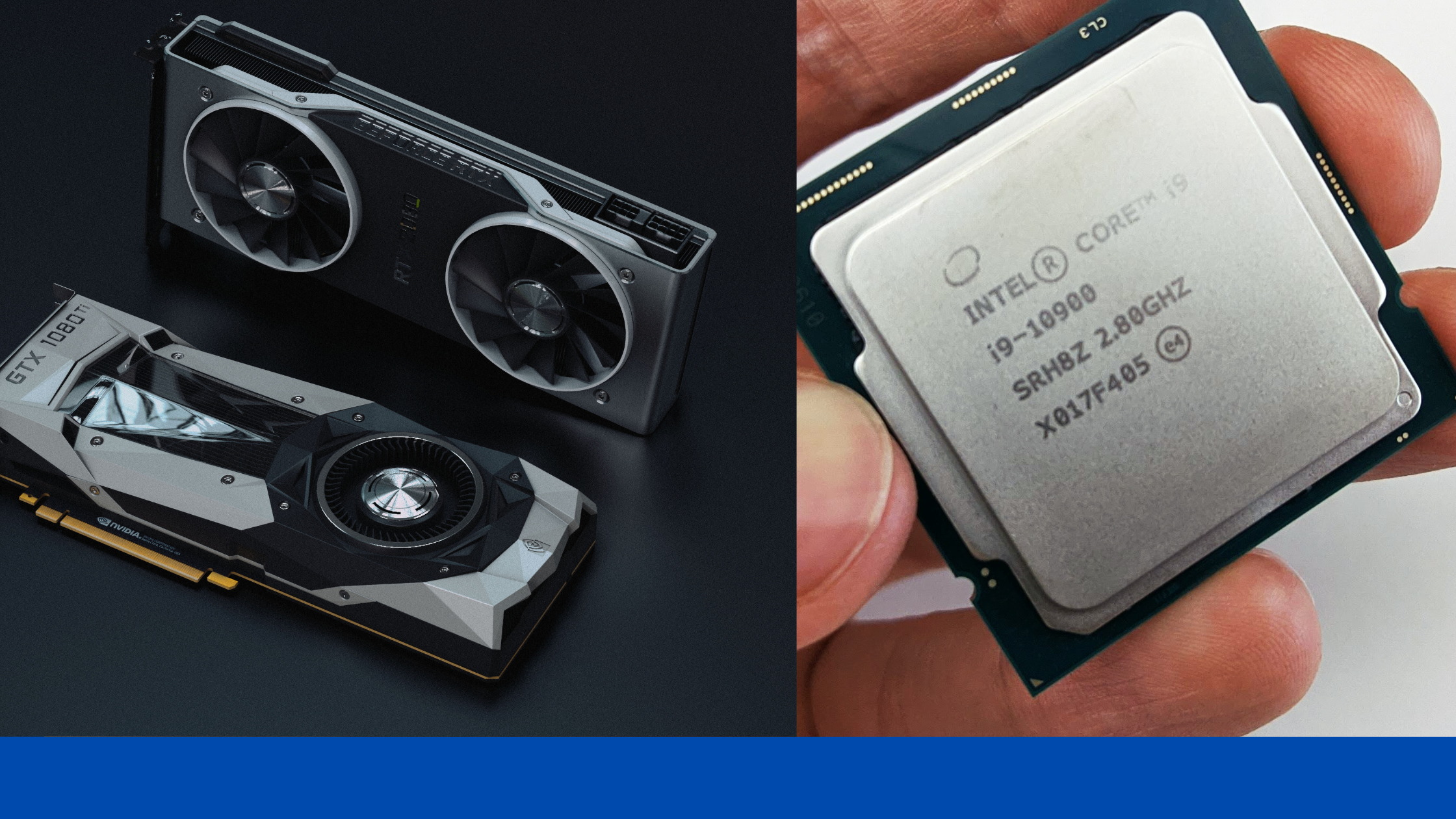Whether you’re building your PC or customizing the springs of a new computer, ensure that your processor and graphics card are of equal grade.
An equally strong CPU is required for the GPU to function correctly. You can deal with CPU interruptions if you upgrade your GPU without upgrading your CPU.
But what is the obstacle? And what can you do to keep it from happening in the first place?
We answer queries such as “What’s wrong with my PC?” in this tutorial. So in this article we discuss how can I tell if my CPU will bottleneck my GPU?
What is a CPU Bottleneck?
An interruption occurs when the PC is running the desired application, and its performance starts to stop.
Interruptions are a major problem in PC gaming, where the CPU is responsible for tasks such as input/output (I / O) operations, basic math functions, and running game logic.
Those tasks are essential in high-speed games that require rapid information processing. Think of real-time strategy games like the Call of Duty series, first-person shooters, and the Total War franchise.
CPU and GPU Struggles
When the CPU slows down, it affects the GPU, which cannot process information quickly. A poor performance and frame rate drops result from the GPU struggling to produce game frames.
Each computer system has a limited amount of processing power. The CPU and GPU cannot be fully compatible at the same time.
Because of this, it’s crucial to determine whether or not the CPU is to blame for a game’s inability to operate at full speed.
Monitoring your CPU and GPU
We recommend monitoring the CPU and GPU performance to check for possible interruptions. If a CPU load exceeds a significant amount of video card load, your CPU is likely causing a problem. Luckily, there exist many tools you can use to monitor your CPU and GPU.
- MSI Afterburner
- GPU Comparison
1. MSI Afterburner
Direct CPU and GPU monitoring are possible with MSI’s free afterburner program. You can play a game influenced by barriers once monitoring is enabled to obtain a sense of the program.
If, for example, the game uses 80% of your CPU capacity and only 30% of your GPU capacity, you can guess that the CPU is causing the interruption.
2. GPU Comparison
You can also use the GPU comparison tool from GPU Check. Your processor, graphics card models, and the graphical settings you choose, may all be entered into this tool. Then, specify the GPU or CPU you want to use.
Afterward, the program will create a report that includes more than a dozen comparisons of various criteria.
You want to see a “CPU effect on FPS,” which should be 10% or less. This number will tell you if the mismatch between the CPU and the GPU is causing the barrier and whether upgrading both components will solve the problem.
Fixing your CPU Bottleneck
YOU can minimize CPU interruptions in numerous ways. Among these is the ability to alter the game’s settings, turn off background programs, and overclock your RAM and CPU. You can upgrade your CPU to reduce CPU interruption if all else fails.
Increase a game’s resolution
One of the best ways to offset the load on your GPU and away from the CPU is to increase your game resolution. You can do this usually in-game settings.
Advanced resolution settings work to increase the number of pixels offered by your GPU, which will add more game load to this component.
When increasing the resolution of the game, ensure that it does not exceed the resolution of your display. The Display Resolution option in Display Settings will show you your screen’s resolution.
If you move the resolution of a game beyond the screen resolution, it will have the opposite effect, and You will reduce your frame rate.
Close out background applications
Using background apps is one of the most common causes of CPU inefficiency. The CPU is commonly used between 2% and 4% when idle, 10% to 30% when playing regular games, and up to 70% when playing high-quality games.
These numbers indicate that you shut down other resource-rich programs or applications during gaming. It includes the Google Chrome browser, which can consume your computer resources, and music streaming services like Spotify.
You can avoid this by trying to close these programs or using Task Manager. Within this program, you can close any background applications so that the CPU can focus more on playing games. It should help increase the game’s frame rate and reduce CPU interference.
Overclock your CPU
Overclocking your CPU can help increase your computer’s performance and reduce interruptions. Because not all CPUs are capable of overclocking, this is the sole drawback.
To check if the CPU can overclock, see if you have a feature called “Unlock Multiplayer.” All AMD CPUs, such as the AMD Ryzen ™ line, have this feature, and many Intel® processors do.
Overclocked Intel CPUs, such as the Intel Core TM i7-11700K, are designated with the letter “K.”
You can safely overclock your CPU if you monitor its temperature. The following are the actions you may do in this BIOS.
When you monitor your CPU temperature, you can safely overclock it. You can use the following steps within this BIOS:
- Go to Settings.
- Update and Security is the option.
- Navigate to Recovery.
- Select “Restart now” to begin the process over again.
- To begin troubleshooting your computer, pick Troubleshoot from the menu.
- You may find UEFI Firmware Settings by clicking Advanced options.
Final Thought
Identifying and fixing CPU barriers may not be easy, but it’s not as difficult as you think.
Overclocking your CPU or altering game settings might help you diagnose and address an issue if you have the correct knowledge and tools or even change your CPU altogether.
So CPU will bottleneck you GPU It is also possible that some games may interfere with your system, no matter what, due to their design or compatibility issues.
When faced with a CPU interruption, it is best to start by changing the game settings. The game may run poorly because of how you set it to perform.
While this will not always fix the issue, inadequate optimization is to blame for most CPU interruptions. Because of this, you may frequently make tweaks that are within your CPU’s capability.

